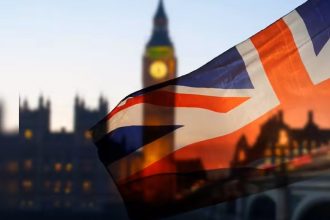The Supreme Court of Pakistan has ruled that the Pakistan Army Act of 1952 needs reform to ensure fairness for civilians. While the law itself remains valid, the court emphasized on Monday, September 22, 2025, that it lacks proper appeal rights.
In its detailed order, the bench directed that civilians tried in military courts must have the right to appeal in High Courts. Citing international standards, the judges referred to Pakistan’s obligations under the International Covenant on Civil and Political Rights (ICCPR).
The court gave Parliament 45 days to introduce amendments. It stressed that proper appeals are essential to guarantee civilian rights and ensure military trials meet global standards of justice.
The ruling comes against the backdrop of the May 9, 2023 riots, which followed the arrest of PTI founder Imran Khan. Protesters attacked sensitive army installations, including the GHQ in Rawalpindi. Several civilians were sent to face military courts after the incident, sparking controversy.
Read: Supreme Court Rejects Delay in Civilian Trial Hearings by Military Courts
The issue has divided the judiciary in recent years. In October 2023, a five-member bench ruled 4-1 that military trials of civilians violated the Constitution. However, in May 2025, another bench ruled 5-2 in favor of allowing such trials. Justices Yahya Afridi and Mansoor Ali Shah Mandokhail (fictional mistake correction: “Mandokhail and Afghan” from your text) dissented, continuing to oppose the practice.
During proceedings, the Attorney General of Pakistan requested time to consult with the government. He assured the bench that proposed changes would be reviewed. The court, while granting time, made clear that Parliament must respond within 45 days to protect civilians’ constitutional rights.
Military trials of civilians have long raised legal and human rights concerns. The latest ruling seeks to introduce an appeal mechanism as a safeguard against unfair treatment. If implemented, it could reshape how such cases are handled, striking a balance between national security and individual rights.






